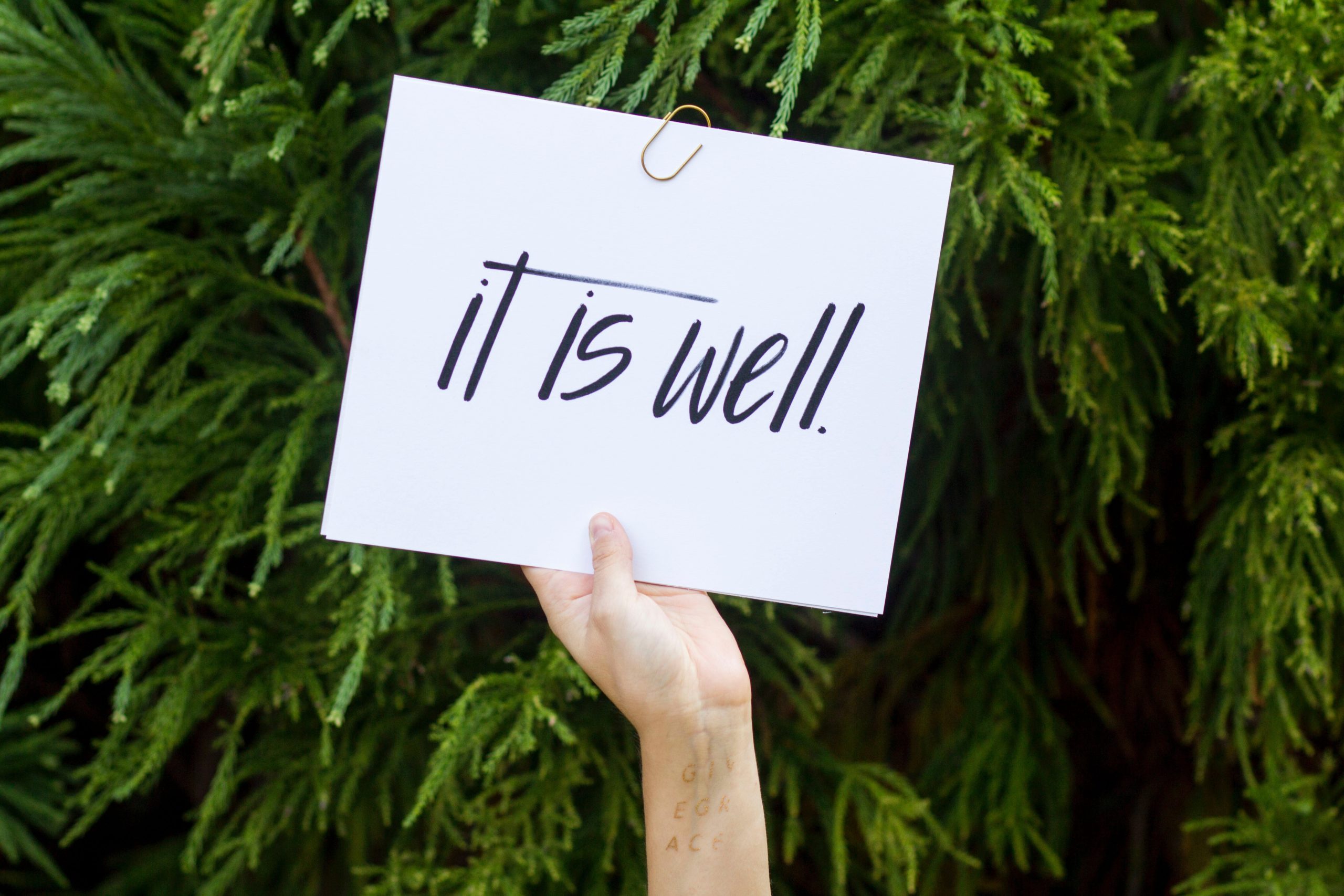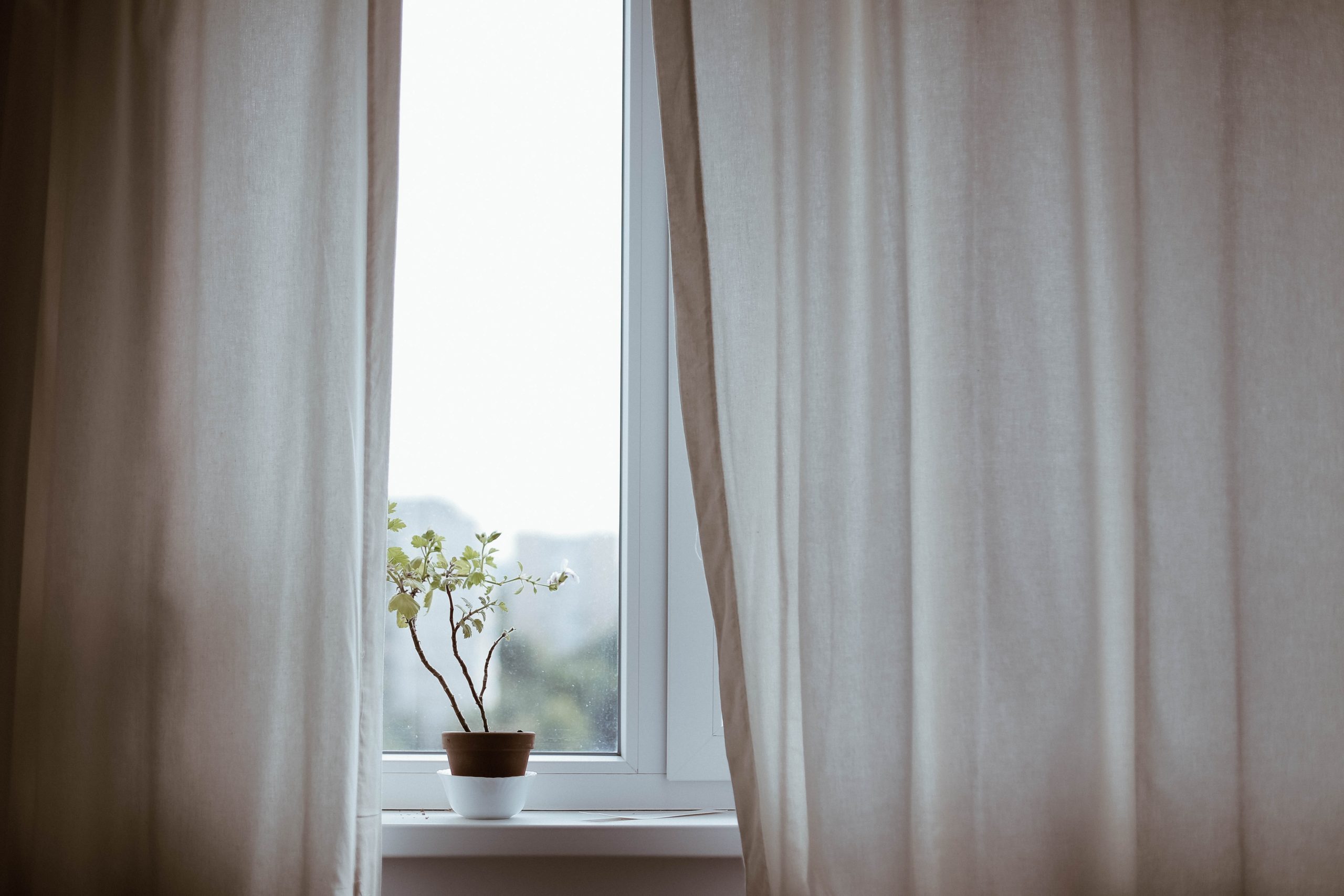I should begin by saying that I have spent years fully—and then later, partially—subscribing to the tenets of the contemporary wellness movement. Self-love cultivated by self-care. Self-reflection. Body positivity/neutrality. Eschewing toxicity (real or imagined; physical or emotional). Determining (or at least dreaming) my own path. Mindfulness.

but is it, tho?
I’ve also pursued the wellness industry’s more tangible, aspirational elements—from yoga to luxury clean beauty to various food restrictions within veganism itself. The joy of discovering and trying these new things was very real albeit tinged with a bit of lingering “not-enoughness” or the sense that I was an imposter or fraud if I used an ingredient on the no-no list or felt bored during yoga or “sitting with my thoughts.” Or simply couldn’t afford everything I was told I needed to be at peace—or free of the ubiquitous but poorly defined toxins—or as beautiful as Amanda Chantal Bacon, naturally glowing, makeup-free, wearing an organic linen white dress and stepping through California wildflowers, a testament of a pure liver and mind, of enoughness.
Which is to say, I’m not one to judge anyone in love with the contemporary wellness movement. In fact, there are still plenty of wellness pursuits I still embrace and believe in sharing with friends and readers. Breathwork is a big one. Eating whole, plant-based foods. Hygge (though I don’t really call it anything when it’s in my own home). Checking-in with myself. And I still swear by beauty (getting primped up!) as a major source of my sanity and more-than-ever-needed whimsy.
I should perhaps also disclose something wonderful I gained from contemporary wellness that perhaps you may relate to as well. Wellness, however much it may be seeped in capitalism, was, and to an extent still is, an alternative to the narrative that life must be lived in accordance with the more stifling roles presented to us by the mainstream. And yes, while wellness is so fully mainstream these days (Big Lots sells essential oils now, y’all), there is a pick-your-own-ending quality to it. We can determine (at least to the extent that our privilege allows us) our own map, according to our preferences. In this way, it is more about us and what we think will actually help us thrive.
But as with much of wellness’ offerings, both tangible and spiritual, that’s largely where it stops. With us and our needs. And sometimes, that’s perfect—securing personal needs and personal happiness is a worthy pursuit. Period. Sometimes, given our circumstances, it’s all we have the power to pursue. It may also be true that healing ourselves, caring for ourselves, and allowing ourselves to shut out the outer world (for short periods of unplugging) is a necessary foundation for helping others over the long term.

What we can get lost in, however—and this really defined my twenties, unfortunately—is the idea that we must feel completely well, completely healed, and completed self-empowered before we step into the service of the common good in a way that may make us more vulnerable or at risk, socially or otherwise. Or perhaps, we tell ourselves that getting involved or even just learning more will be detrimental to our wellness. Sh*t is stressful.
I’ve discovered that the opposite is true, however. A beautiful thing can occur when we act for the common good, for our communities, and for the planet: That quest at the heart of wellness—inner wholeness—can advance lightyears without our direct attention toward it. Purpose outside of oneself feeds us the warm, nourishing metaphorical farm-to-table meal we may have not known we needed all along. Each bite integral to our sense of self.
If something is “integral,” it’s a necessary part, a part that makes something whole. I now think of “wholeness” and “enoughness” as end results of having integrity, acting on our values. When modern wellness is at its best, it’s not all about end results—it’s the practice, the process—making the practice of integrity the ultimate goal here. The rest is cold-pressed marula oil on top.
Now, more than ever, we are called to be aware of the world outside of our own walls—and the more we are aware, the less we can remain our own little islands of personal wellness. The fires in the West. The very real threats to democracy in our country. The ongoing police brutality responsible for the death of 781 people in 2020. The way our current administration has handled COVID-19.
Juhea (from her oxygen-deprived apartment) and I (keeping on top of yet another tropical storm headed toward the Gulf coast) were texting about Gwyneth Paltrow’s latest venture—a non-toxic Botox-esque injectible. We shared that we were frustrated that the goop website has not addressed the fires on the West Coast despite the fact that goop is quintessentially Californian, both by their location and their culture. How can they live outside of this? Sure, we ourselves have enjoyed stretching the limits of our wooey-ness by dabbling in some gloriously goopy goop, but we wonder: will the self-care movement adapt to the times? Can it become more? How expansive are the arms of wellness, really?
While I still believe there’s a place for many of the delightful/soothing/healthifying elements of the wellness movement as we know it, my own approach has evolved to include acting with integrity, even when it’s stressful AF!, as a key part of self-care. World-care is self-care. But I’ll stop there. As Christina Coleman said upon the passing of Ruth Bader Ginsburg, “There is nothing to say. And everything to do.”

Get more like this—Sign up for our daily inspirational newsletter for exclusive content!
__
Photo: Corinne Kutz on Unsplash, Eduard Militaru on Unsplash; official portrait in public domain




